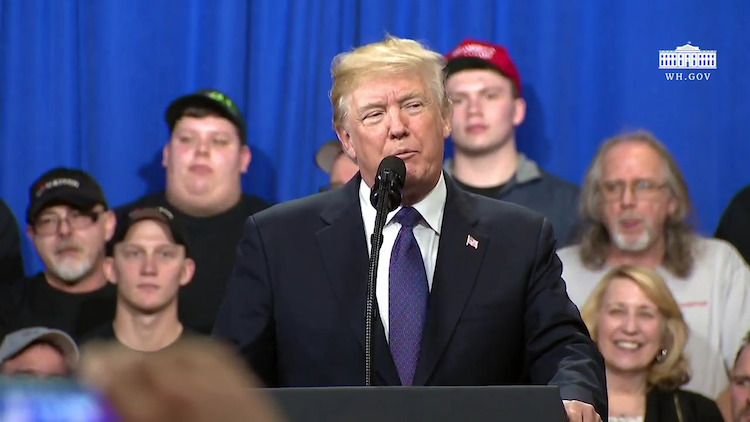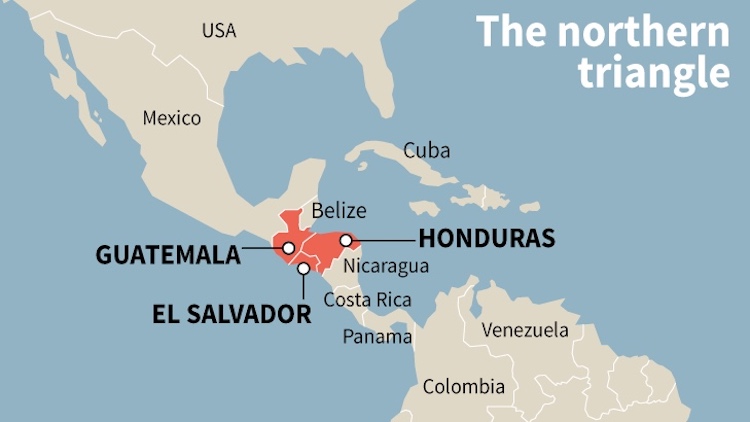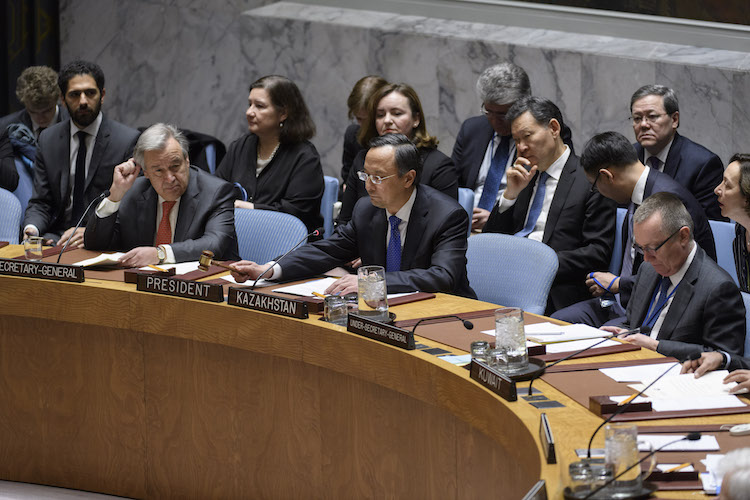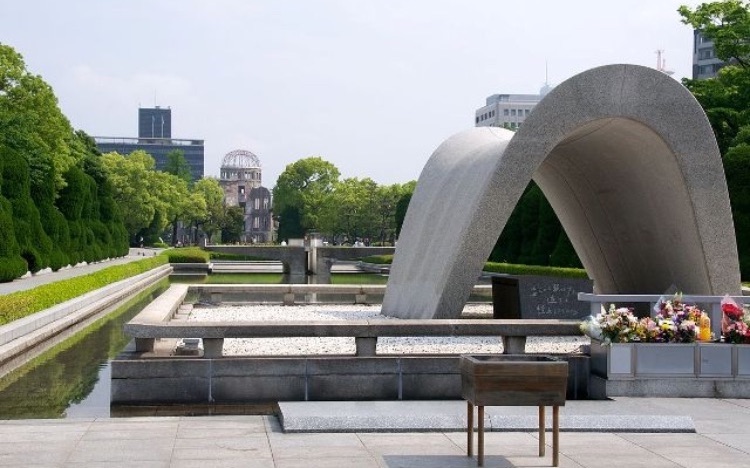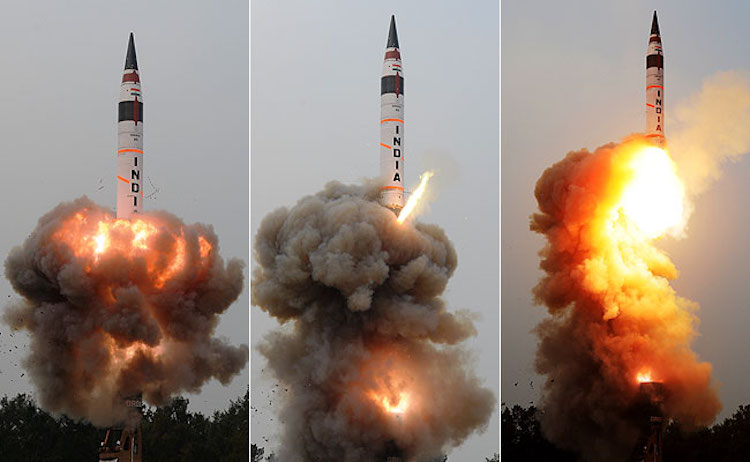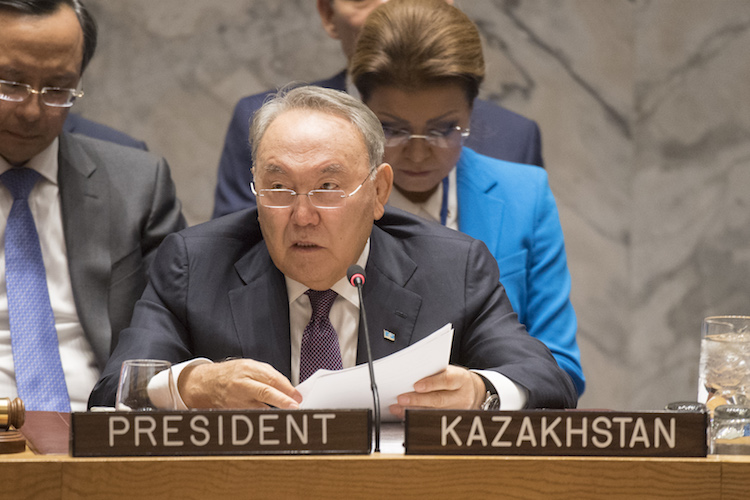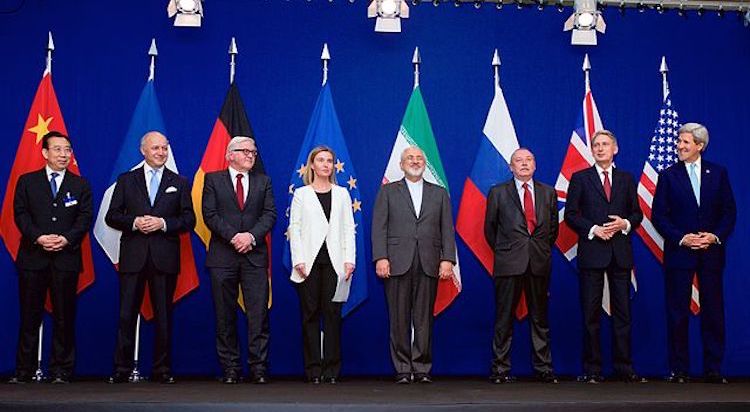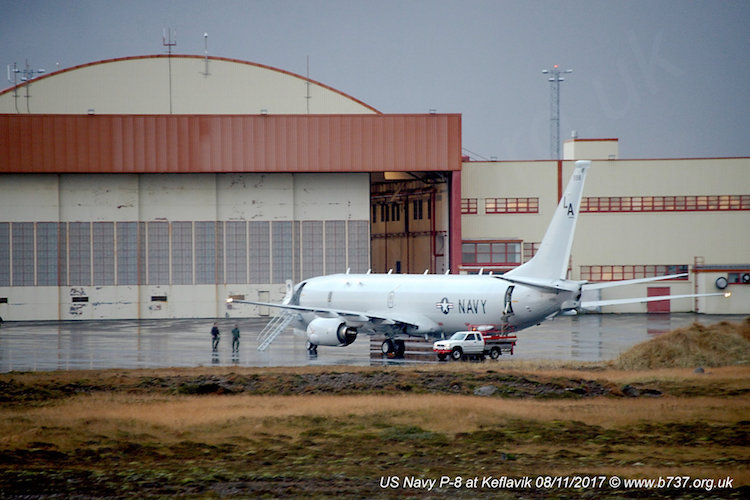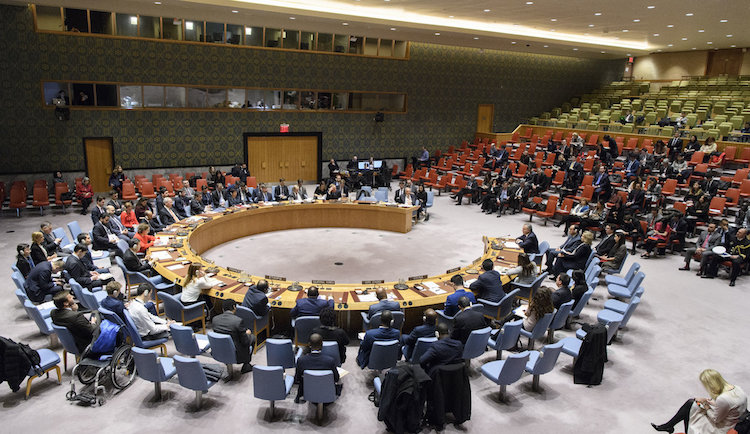By Jaya Ramachandran GENEVA (IDN) – Almost half of global investment stock is either located in the United States or owned by American multinationals abroad. The United States ‘Tax Cuts and Jobs Act’, adopted in December 2017, will therefore significantly affect both investment into the U.S. and the investment positions of U.S. firms abroad, according […]
What Prosperity for Central America Under US Hegemony?
Viewpoint by Marcelo Colussi* GUATEMALA CITY (IDN) – Between 50 and 60 percent of the inhabitants of the three countries of the so-called Northern Triangle of Central America (El Salvador, Guatemala and Honduras) live below the poverty line, and this structural and chronic poverty is compounded by alarming rates of delinquent violence (largely a product […]
Two Minutes to Midnight on Doomsday Clock
By the Bulletin of the Atomic Scientists WASHINGTON, D.C. (IDN-INPS) – Citing growing nuclear risks and unchecked climate dangers, the iconic Doomsday Clock is now 30 seconds closer to midnight, the closest to the symbolic point of annihilation that the Clock has been since 1953 at the height of the Cold War. The decision announced […]
Security Council Focuses on Afghanistan, Central Asian States
By J Nastranis UNITED NATIONS (IDN) – The 15-nation United Nations Security Council has reiterated its commitment to the sovereignty, independence and territorial integrity of Afghanistan and the Central Asian States. Before debating the pressing challenges ahead, the Council adopted a presidential statement on January 19, expressing its continued support to the UN Secretary‑General’s call […]
ICAN Chief Shows Japan the Way From a Blind Alley
By Katsuhiro Asagiri TOKYO (IDN) – “I wish for all states, in particular Japan, to join the treaty on the prohibition of nuclear weapons. No more hibakusha,” wrote Beatrice Fihn, Executive Director of the International Campaign to Abolish Nuclear Weapons (ICAN), on a message board at the opening of an exhibition on January 12 at […]
Successful Test Firing of India’s Agni-5 Evokes No Fury
By Kalinga Seneviratne BANGKOK (IDN) – The successful launch of the nuclear-capable intercontinental ballistic missile (ICBM) Agni-5 on January 18 has hardly been noticed in Asia. The western media however have given it coverage focusing on India’s ability now to strike major Chinese cities including Beijing and Shanghai. This partly adulatory coverage is in sharp […]
Kazakh President Offers Astana as Venue for Disarmament Negotiations with North Korea
By Santo D. Banerjee UNITED NATIONS (IDN) – In the run up to the fiftieth anniversary of the UN inviting nuclear haves and have-nots to sign the Non-Proliferation Treaty (NPT) on July 1, 1968, Kazakhstan has proposed a set of six measures aimed at the non-proliferation of weapons of mass destruction, and offered a platform […]
Iran Nuclear Deal Is Menaced by Trump’s Cynical Gambit
By Kelsey Davenport The writer is director for nonproliferation policy at the Arms Control Association, where it first appeared on 17 January. WASHINGTON, D.C. (IDN-INPS) – President Donald Trump’s Jan. 12 decision to waive sanctions on Iran keeps the United States in compliance – for the time being – with its obligations under the multilateral […]
NATO Demands Cause Headaches in Iceland
By Lowana Veal REYKJAVIK (IDN) – In February 2016, the U.S. government started discussions with its Icelandic counterpart on the possibility of carrying out necessary changes to the doors of the NATO hangar at Keflavik airport so that newer, larger submarine reconnaissance planes could be housed there. The matter was eventually concluded in December 2017, […]
UN Concerned as Ex-Rebels Threaten Peace Efforts in Colombia
By J Nastranis UNITED NATIONS (IDN) – Nearly six weeks after the Security Council on November 30, 2017 marked the one year anniversary of the signing and entry-into-force of the peace agreement between the Government of Colombia and the Revolutionary Armed Forces (FARC-EP), peace efforts remain challenged by the task of reintegrating 14,000 former rebel […]

